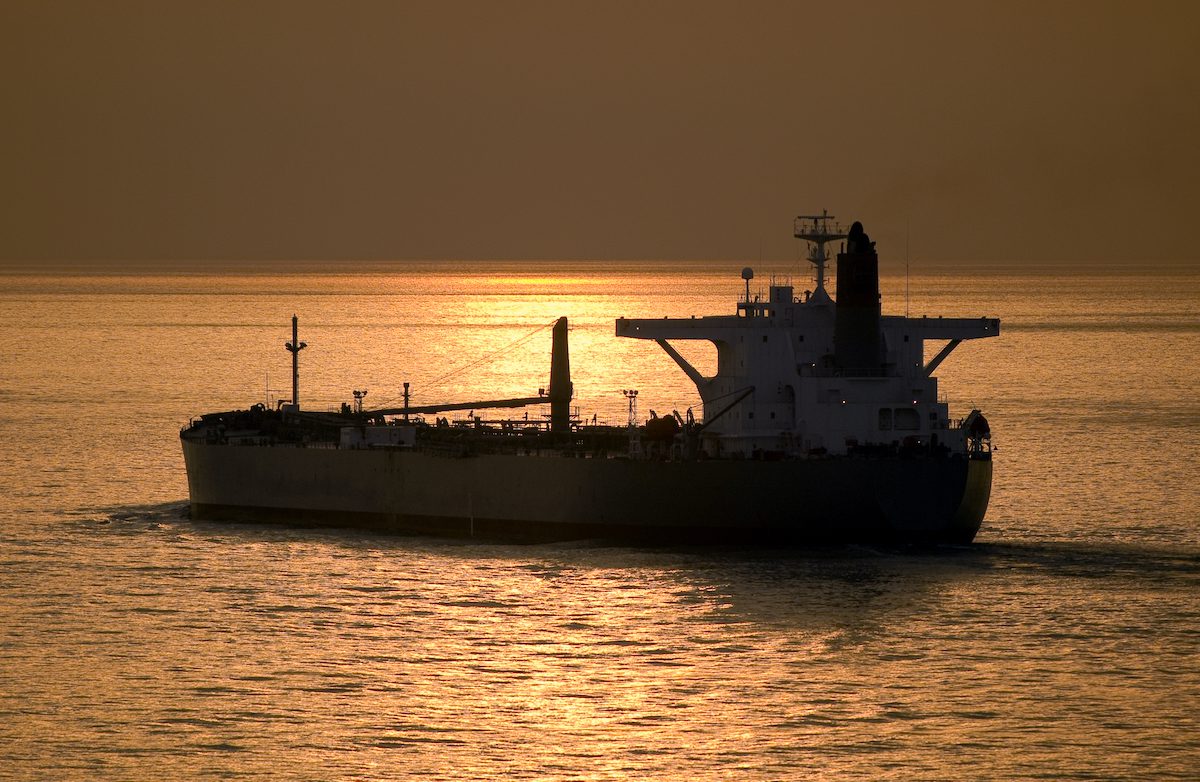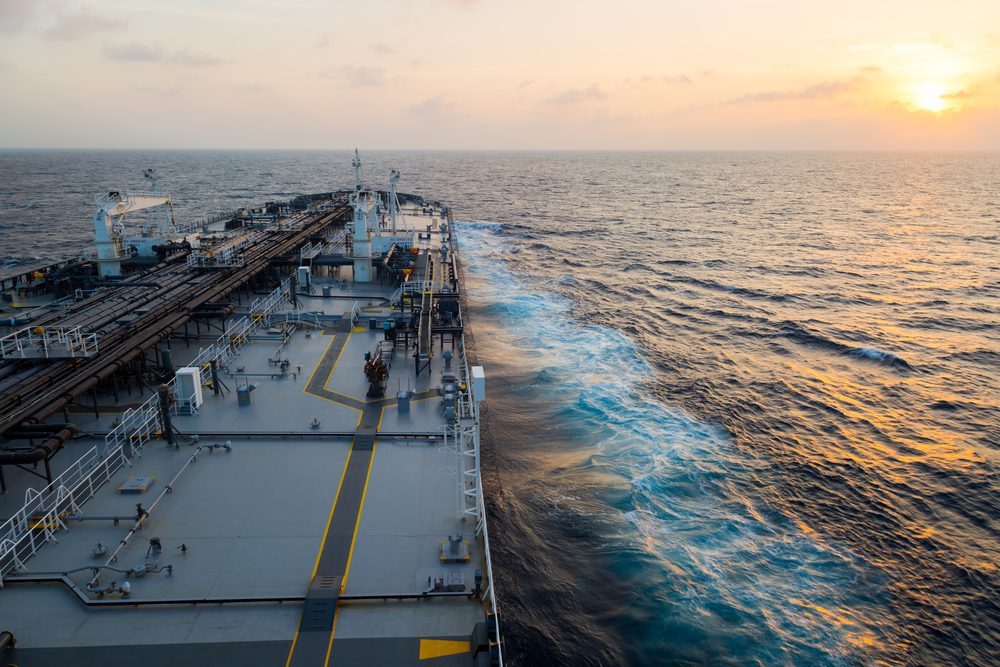Updated: February 20, 2023 (Originally published February 16, 2023)
By Elizabeth Low (Bloomberg) —
There’s been a rise in shipping practices used to move Russian crude and oil products that are aimed at deceiving observers, according to a report from maritime consultancy Windward Ltd.
Vessels are using methods such as transferring cargoes from ship-to-ship at sea, manipulating navigation systems to obscure their locations, and hanging around areas where oil smuggling can take place, Windward said. New hubs will emerge for hiding illicit activities as old ones draw more scrutiny, they added.
One new hub is the Alboran Sea, specifically in Ceuta – an autonomous Spanish city on the north coast of Africa. There’s been an increase in ship-to-ship transfers in the region by crude oil tankers since the war in Ukraine began, which is clearly related to Russia, according to Windward. The area is also known as a drug trafficking hub, the consultant said in the report.
India and China have emerged as major buyers of Russian crude oil since the invasion of Ukraine, and Windward reported South Korea has had a significant increase in engagement with ships that recently called port in Russia. Trade flow and port call findings show that while the West has been diligent about maintaining sanctions, the East is keeping business moving, they said.
Obscuring the product origin helps Russia move its crude and fuels after sanctions and allows buyers to dodge scrutiny. Similar practices are also regularly employed to transport Iranian and Venezuelan oil to markets.
Other key findings:
- Since the start of the war, there’s been a 147% surge in port calls in North Africa of ships from Russia, most of which were crude tankers
- There was a 50% increase in dark activities by oil-product tankers in the Black Sea ahead of European Union sanctions on Feb. 5
- There have been over 25 STS transfers in the Black Sea by Vietnam-flagged tankers since August, compared with zero pre-invasion
- Dark activities in the Black Sea predominantly carried out by tankers registered in different countries from their owners — so-called flags of convenience — from Malta, Liberia and Panama
- Dark activities by Cameroon-flagged tankers spiked 4,400% in the South Atlantic Ocean in 2022
© 2023 Bloomberg L.P.
Editorial Standards · Corrections · About gCaptain
This article contains reporting from Bloomberg, published under license.

 Join The Club
Join The Club











